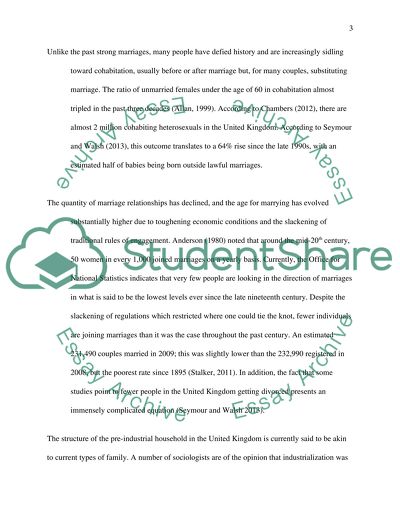Cite this document
(“Choose three different social science perspectives to look at the Essay”, n.d.)
Choose three different social science perspectives to look at the Essay. Retrieved from https://studentshare.org/sociology/1630694-choose-three-different-social-science-perspectives-to-look-at-the-following-question-discuss-the-changing-nature-of-the-family-in-the-uk
Choose three different social science perspectives to look at the Essay. Retrieved from https://studentshare.org/sociology/1630694-choose-three-different-social-science-perspectives-to-look-at-the-following-question-discuss-the-changing-nature-of-the-family-in-the-uk
(Choose Three Different Social Science Perspectives to Look at the Essay)
Choose Three Different Social Science Perspectives to Look at the Essay. https://studentshare.org/sociology/1630694-choose-three-different-social-science-perspectives-to-look-at-the-following-question-discuss-the-changing-nature-of-the-family-in-the-uk.
Choose Three Different Social Science Perspectives to Look at the Essay. https://studentshare.org/sociology/1630694-choose-three-different-social-science-perspectives-to-look-at-the-following-question-discuss-the-changing-nature-of-the-family-in-the-uk.
“Choose Three Different Social Science Perspectives to Look at the Essay”, n.d. https://studentshare.org/sociology/1630694-choose-three-different-social-science-perspectives-to-look-at-the-following-question-discuss-the-changing-nature-of-the-family-in-the-uk.


